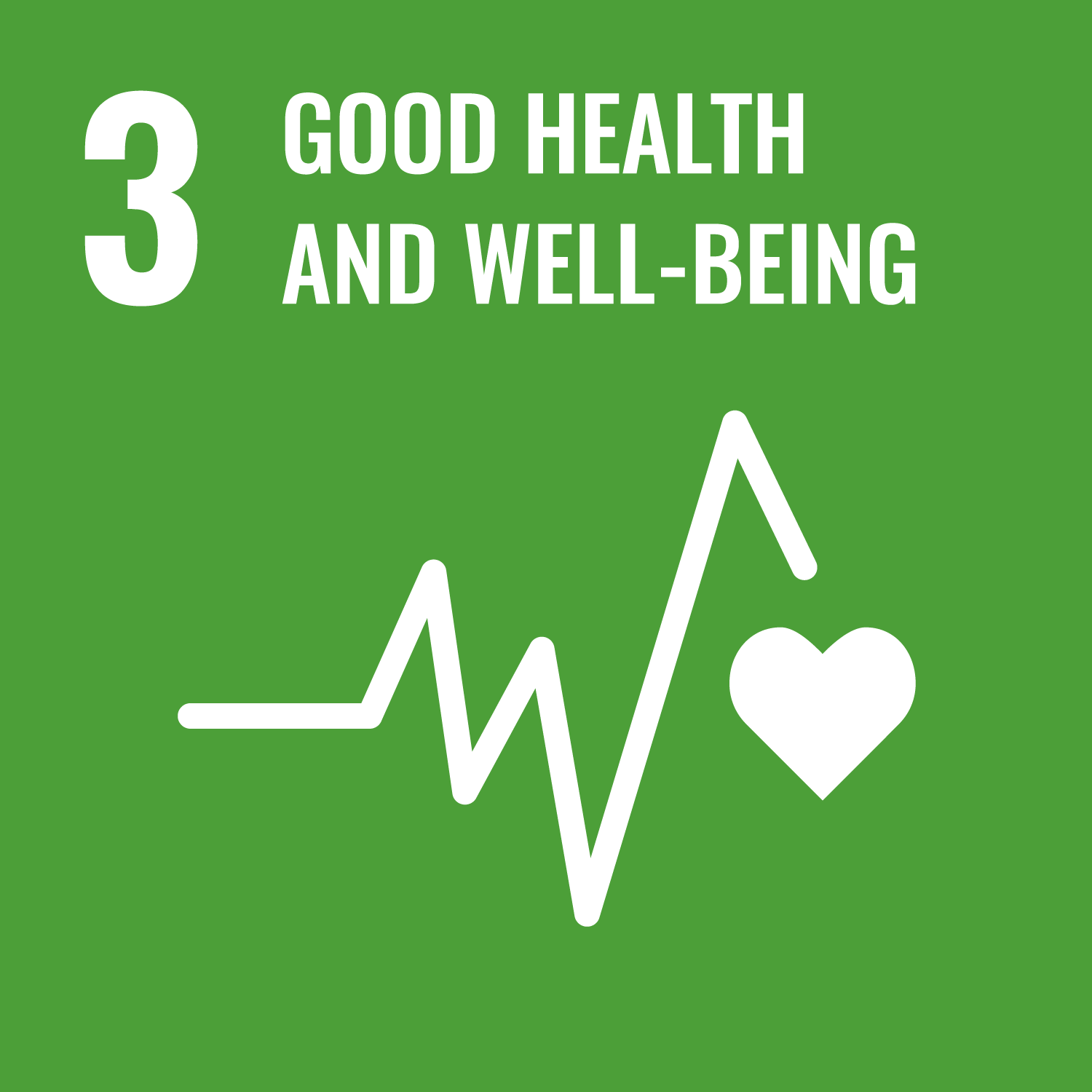The Cuyahoga Partnering for Family Success Program
Aligned SDGs

- The Cuyahoga Partnering for Family Success Program
- General overview
- Location
- Involved organisations
- Outcome metrics
- Other resources
- Spreadsheet of data
- The Cuyahoga Partnering for Family Success Program
- General overview
- Location
- Involved organisations
- Outcome metrics
- Other resources
- Spreadsheet of data
General overview
Stage of development: Implementation
Policy sector: Child and family welfare
Date outcomes contract signed: Oct 2014
Start date of service provision: Jan 2015
Capital raised (minimum): USD 3.85m
Service users: 135
Intervention
The intervention is twofold. First, the service provider linkS each homeless caregiver to housing. Second, the provider delivers an evidence-based homelessness transition therapy known as "Critical Time Intervention" (i.e. CTI), which helps vulnerable families that are experiencing homeless to slowly reconnect to community support networks and settle succesfully in newly attained housing. CTI is paired with age-appropriate, evidence-based trauma services that will strengthen healthy and secure caregiver-child relationships. The intervention aims to reduce the time children spend in out-of-home foster care by stabilizing the family's home environment (e.g. encourage participants to participate in mental health services and substance abuse counseling, find employment etc.) and increasing family reunification success.
Target population
Caregivers identified as homeless, who have children currently in Department of Children and Family Services (i.e. DCFS)
temporary out-of-home placement
Location
Country
- United States
Service delivery locations
- County of Cuyahoga, greater Cleveland area, Ohio, US
Involved organisations
- Third Sector Capital Partners
- Enterprise Community Partners
- The Center on Urban Poverty and Community Development at the Jack Joseph and Morton Mandel School of Applied Social Sciences at Case Western Reserve University
- The Cuyahoga Metropolitan Housing Authority
- Emerald Development and Economic Network
- Famicos Foundation (housing providers)
- County's Office of Homelessness
- The Domestic Violence & Child Advocacy Center
- County's Division of Children and Family Services (referral partners)
Outcome metrics
- Decrease in number of out-of-home foster care days for children. Each day that the number of out-of-home foster care days is reduced relative to control group. DCFS and SACWIS foster care and homelessness data.
- Decrease in number of out-of-home foster care days for children. 10% reduction in out-of-home foster care days for treatment group participants relative to control group. DCFS and SACWIS foster care and homelessness data.
- Decrease in number of out-of-home foster care days for children. 20% reduction in out-of-home foster care days for treatment group participants relative to control group. DCFS and SACWIS foster care and homelessness data.
- Decrease in number of out-of-home foster care days for children. 25% reduction in out-of-home foster care days for treatment group participants relative to control group. DCFS and SACWIS foster care and homelessness data.
- Decrease in number of out-of-home foster care days for children. 30% reduction in out-of-home foster care days for treatment group participants relative to control group. DCFS and SACWIS foster care and homelessness data.
- Decrease in number of out-of-home foster care days for children. 40% reduction in out-of-home foster care days for treatment group participants relative to control group. DCFS and SACWIS foster care and homelessness data.
- Decrease in number of out-of-home foster care days for children. 50% reduction in out-of-home foster care days for treatment group participants relative to control group. DCFS and SACWIS foster care and homelessness data.
Spreadsheet of data
Important Notice and Disclaimer on INDIGO Data
INDIGO data are shared for research and policy analysis purposes. INDIGO data can be used to support a range of insights, for example, to understand the social outcomes that projects aim to improve, the network of organisations across projects, trends, scales, timelines and summary information. The collaborative system by which we collect, process, and share data is designed to advance data-sharing norms, harmonise data definitions and improve data use. These data are NOT shared for auditing, investment, or legal purposes. Please independently verify any data that you might use in decision making. We provide no guarantees or assurances as to the quality of these data. Data may be inaccurate, incomplete, inconsistent, and/or not current for various reasons: INDIGO is a collaborative and iterative initiative that mostly relies on projects all over the world volunteering to share their data. We have a system for processing information and try to attribute data to named sources, but we do not audit, cross-check, or verify all information provided to us. It takes time and resources to share data, which may not have been included in a project’s budget. Many of the projects are ongoing and timely updates may not be available. Different people may have different interpretations of data items and definitions. Even when data are high quality, interpretation or generalisation to different contexts may not be possible and/or requires additional information and/or expertise. Help us improve our data quality: email us at indigo@bsg.ox.ac.uk if you have data on new projects, changes or performance updates on current projects, clarifications or corrections on our data, and/or confidentiality or sensitivity notices. Please also give input via the INDIGO Data Definitions Improvement Tool and INDIGO Feedback Questionnaire.